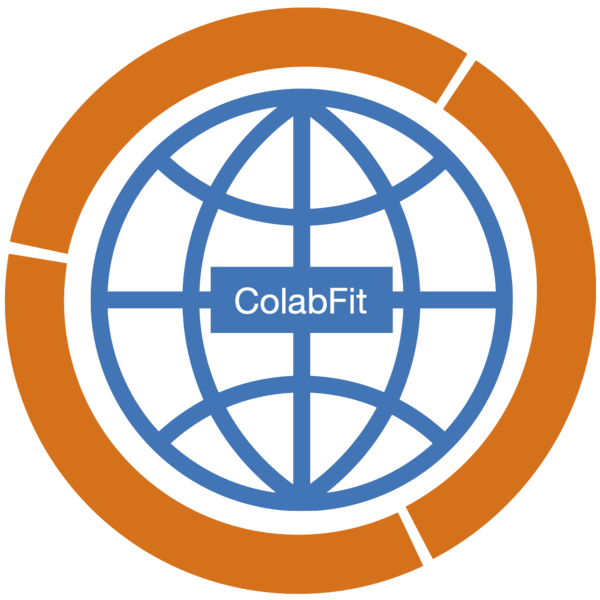Dataset
linear_magnetic_coefficient_in_Cr2O3_JPCM2024
Download Original Data Files
107.4 MB
Download Dataset Parquet Files
111.2 KB
Download Dataset XYZ Files
62.5 KB
Species content of dataset
Dataset viewer powered by Hugging Face
No uploaded content is transferred in ownership from the original creators to ColabFit. All content is distributed under the license specified by its contributor who has stated that he or she has the authority to share it under the specified license.

